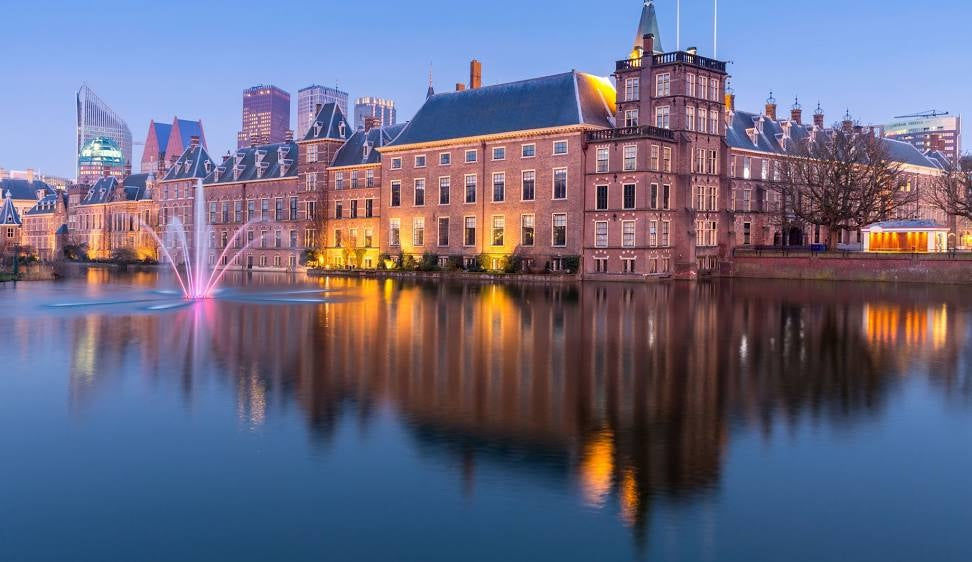The streets of The Hague just scored a win for the planet.
In a landmark decision, a Dutch court has upheld the city’s ban on fossil fuel advertising, making The Hague the first city in the world to lock this kind of restriction into law. The ban covers ads for petrol cars, air travel, and cruise ships — products that, while glamorous in glossy posters, are anything but glamorous for the climate.
The Backstory
The law took effect on January 1, 2025, but not without pushback. Travel industry heavyweights ANVR (the Dutch trade association for travel agencies) and TUI sued to overturn it. Their arguments? That the ban restricted free speech, hurt business, and wouldn’t meaningfully cut emissions.
The court wasn’t buying it.
On April 25, 2025, the district court sided with the city, ruling that public health and the fight against climate change outweigh the commercial interests of advertisers. In the words of the court:
“It is not up to the Municipality to refrain from taking measures to promote the health of its residents in order to strengthen the future (financial) position of travel providers.”
Why This Matters
Think of it like anti-smoking laws — you can’t have effective tobacco policy if cigarette ads are plastered everywhere. Climate campaigners argue the same logic applies to fossil fuels: if we want real climate action, we can’t be constantly sold products that drive the crisis.
“This is a breakthrough for the fossil ad ban and for the health of people and planet,” says Femke Sleegers of Reclame Fossielvrij (Fossil Free Advertising). “Municipalities around the world can now clear their streets of ads that fuel the climate crisis.”
And it seems the public is on board. A recent survey by Climate Action Against Disinformation found 71% of Dutch people believe banning fossil fuel ads is an effective way to stop harmful climate misinformation.
A Snowball Effect?
With this ruling, The Hague has set a precedent that climate advocates hope will spread.
“This court ruling marks a milestone. It shows that municipalities are not powerless, but do in fact have tools to tackle the climate crisis,” says Robert Barker, The Hague’s deputy mayor (Party for the Animals).
Jonathan White, lawyer at ClientEarth, puts it bluntly: “Cities the world over would be wise to follow The Hague’s lead … and feel confident with the wind of this judgment behind them.”
The push isn’t just local. UN Secretary-General António Guterres has called for a global tobacco-style ban on fossil fuel ads, denouncing oil and gas companies as “godfathers of climate chaos.”
Some places are already making moves.
-
France banned fossil fuel ads in 2022 — although the law still allows fossil gas ads and event sponsorships.
-
Amsterdam banned fossil fuel ads from public transport in 2021.
-
Edinburgh voted last year to remove “high-carbon product” ads from billboards and bus stops on city property.
What’s Next?
While The Hague’s ban is already in effect, there was a short grace period which is now over — no fines could be issued until May 1, 2025. From now on, expect billboards and bus stops to be a lot cleaner.
If this snowball effect takes hold, fossil fuel ads could soon become relics of a dirtier past — replaced by messages that point toward a cleaner, more sustainable future.
It's a #WinForThePlanet

